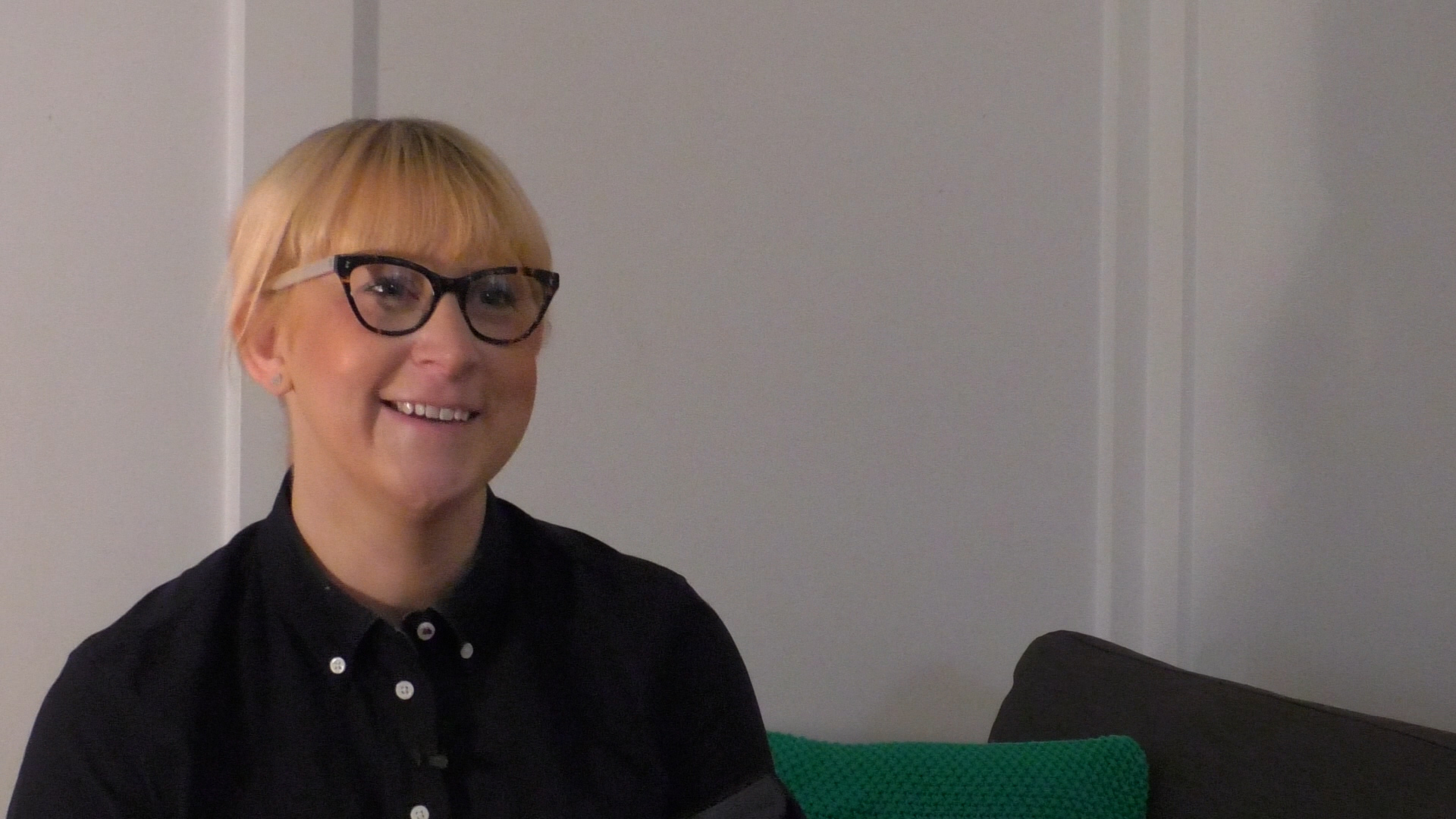
Name: Kate
Age at interview: 37
Diagnosis: Menopausal symptoms as a result of hormone (adjuvant endocrine) therapy
Age of diagnosis: 34
Background: Kate works part-time as a medical receptionist and as a waiter. She lives with her husband in a metropolitan city and is from an Australian background.
About Kate: Kate was diagnosed with hormone sensitive breast cancer at 34. After chemotherapy, she began experiencing hot flushes, joint aches, and sleeping difficulties, and was advised these symptoms were the result of hormone (adjuvant endocrine) therapy. Because of the risk of cancer recurrence, she is unable to take Hormone Replacement Therapy, and non-hormonal medications have not helped. Kate has osteoporosis and is unsure if her menstrual periods will return after she stops adjuvant endocrine therapy.
More about Kate: At 34, Kate was diagnosed with aggressive Stage 3C hormone sensitive breast cancer. Her treatment included a mastectomy, radiation, chemotherapy, reconstructive surgery, and adjuvant endocrine therapy (goserelin and exemestane) to suppress oestrogen production. Before chemotherapy, Kate and her husband underwent fertility preservation and have some embryos. However, because her cancer is hormone-sensitive, Kate is wary of carrying a pregnancy. She would ‘love’ to adopt or use a surrogate but is concerned about the costs.
After chemotherapy and during radiation, Kate began experiencing ‘intense’ hot flushes, joint aches, and difficulty sleeping, and became worried that these symptoms meant her cancer had returned. Her doctors initially told her she was ‘probably going through early menopause’ as a result of chemotherapy. After the chemo was ‘out of [her] system,’ they suggested her symptoms were the result of her adjuvant endocrine therapy.
Kate has ‘severe’ osteoporosis following her cancer treatment, and her early menopause symptoms are ‘debilitating.’ As her cancer was hormone sensitive, she cannot take Hormone Replacement Therapy (HRT). Kate described having to ‘push’ to change oncologists until she received a referral to a menopause clinic. Although the non-hormone based medications she was prescribed there (venlafaxine and gabapentin) have not helped her symptoms, she found the menopause clinic doctor ‘caring’ and knowledgeable.
Kate has found that anxiety and stress trigger hot flushes. After cancer treatment she experienced heart palpitations and fainting spells, which would cause stress, leading to hot flushes. However, she was diagnosed with Wolff-Parkinson-White syndrome at 36 and underwent surgery, which has stopped the heart palpitations.
To deal with hot flushes and night sweats, Kate sleeps in light cotton sheets, wears short sleeves, and avoids spicy foods. She would like to exercise more, but finding the motivation is difficult while feeling ‘debilitated.’ Cancer and early menopause have also impacted on Kate’s sense of self. She now suffers from anxiety and has ‘lost’ her sense of ‘where [her] life is going.’ Kate described her husband as her ‘number one support,’ but some friendships have been ‘hard’ to maintain with friends’ lives ‘moving on’ while she is still ‘trying to pick up the pieces’ from her cancer diagnosis.
Kate described feeling emotional when thinking of the future but believes that she will reach ‘some type of normal’ once she can better manage her menopause symptoms. She urged doctors to listen to women and ‘get to know their background.’ Kate wishes that information and support groups on cancer and early menopause were easier to find and encouraged women with similar experiences to visit specialised menopause services.
